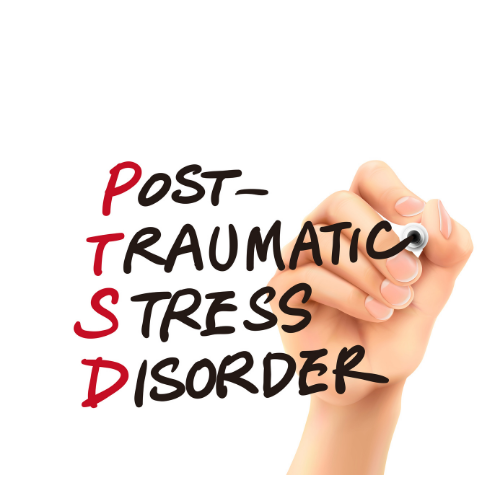An illness anyone can be affected by
Post-traumatic stress disorder (PTSD) is a mental disorder that may form after an extremely traumatic event such as combat, sexual assault and a natural disaster. People with PTSD may deal with intrusive memories, avoidance, negative changes in thoughts and moods, and anxiety.
Intrusive memories can be flashbacks that may occur with a simple trigger and may lead to an anxiety attack. Events such as night terrors about the event can happen as well which, not only contributes to anxiety and lack of sleep, but can feed into depression.
Avoiding talk of the event or places that may trigger a memory can be common too as well as being in crowded rooms or with strangers due to the fear of being easily frightened and needing to be cautious.
PTSD can take a lot out of a person due to the physical and mental stress it causes as it can begin to affect many aspects of life like social and work situations, relationships, and daily routines.
If symptoms last longer than a month then PTSD can be considered the ideal diagnosis. Symptoms can begin weeks to a month after the traumatic event took place or even years can come and go over time as well.
Depending on the traumatic event some symptoms can be more intense than others, such as sexual assault, which can lead the person to have several changes in physical and emotional reactions like destructive behavior, being cautious, and having the overwhelming feeling of guilt or shame.
When coping with PTSD, the one main suggestion is attending therapy or counseling during which the patients will be encouraged to talk about the event and their perspective of it as well as being supported emotionally. Although talking about the event can be a trigger, while in therapy coping strategies for oncoming triggers will be shown and discussed.
Along with therapy, it may be suggested to take medications to help with the effects of the disorder. Often antidepressants are given to treat this disorder as many symptoms that are exhibited are those of depression and anxiety. Unfortunately, medication does not always work which is why it is recommended that therapy be given a chance.
A cognitive-behavioral treatment known as prolonged exposure is a strategy that relies on patients to confront the traumatic event head-on as they are taught how to gain control of their feelings and any activity that may have been avoided since the event. Because this treatment can be triggering, it is suggested to form a trustful relationship with the therapist to create a safe environment.
Although PTSD is a difficult disorder to handle especially after dealing with such a traumatic event, overcoming it won’t happen overnight, but it is possible to cope with and begin to live life to the fullest again.
